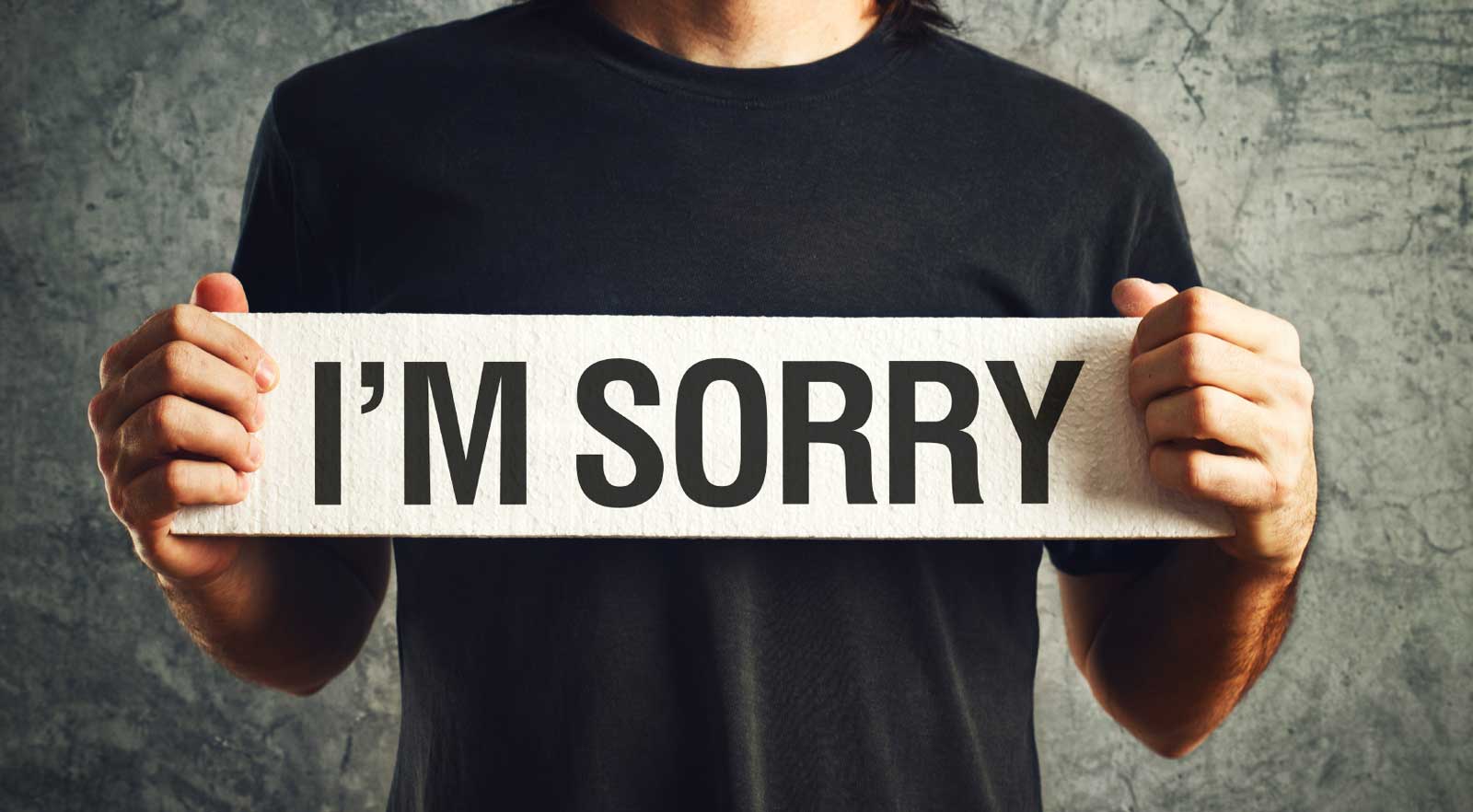
Am Sorry.. and I mean it
When was the last time you said am “Sorry” and meant it?
It has been said, it’s the Canadian thing-we say sorry for just about anything. Whether it is to say excuse me or please give me an opportunity to speak, we often say sorry but don’t mean that we are sorry. At a societal level, apologizing is a way to say you recognize that you have done something wrong and you are willing to take responsibility.
Apologizing when it is done well and it is genuine, it holds a lot of value, especially for the person on the receiving end of the apology. The act of apologizing is an essential human ritual whereby we apologize so that we can continue to live within the community because the apology stands to communicate that we want to do better and recognize where we have done wrong to others. In other words, apologizing is a social clue that we learn from a very young age- a toddler to be exact, that serves to heal the relationships we have.
Apologizing fuels connection as it includes empathy,accountability and vulnerability- key elements of healthy relationships.
I often encourage my nephews to say sorry but recognize that they are merely repeating the words that am saying but not emulating- understanding why they are apologizing. A depiction of this that comes to mind, is how tools were introduced as part of human interaction and evolution. The first human uses a stone to achieve an action then, the next one copies the same action but without an understanding of why. For true learning to occur, emulation is needed, not just repetition as it is depicted from this example. This stands true about apologies as well. It is not just the words “am sorry” that are needed, to facilitate an apology- action is part of the apology as well. Being vulnerable, admitting wrongdoing and empathizing that you have caused pain for someone else, are some of the crucial aspects. Am sorry communicates that one is willing to change or do it differently as they recognize that the current way is not effective to the relationships. However, the apologies especially formulated as “sorry” have lost their core value. So, let’s address the elephant in the room of what an apology isn’t
An apology does not say
- Am sorry but …
- I will apologize if …
- You know I didn’t mean it that way …
- You are too sensitive
- You are taking it the wrong way …
- You made me do it …
- I was merely responded this way because you said/ or did this…
Adapted from @millennial.Therapist
So, the what is an Apology?
An important aspect of apology to recognize that it is not about YOU and using a gentle start- up is essential. Here is an example of how an apology can begin. I am sorry, I did this, I recognize that I hurt you, how can I make it better?
In the above example, the apology giver does not defend or justify their actions, in fact it emphasizes on healing the hurt experienced and learning/ shift in behavior to make it better.
I recognize that this is a lengthy process but if we are not willing to do right the first time, then we need to be prepared to do it again( twice or 77×77 times) and continue to react to the resentment that is created when apologies are not genuine. Think about this, apologizing has been cheapened to a point where in the first quarter of 2014, airlines in the USA had apologized more than 200 000 times, not for serious incidents but minor incidents that included delays and food not being satisfactory to the clients (O’Meara & Cooper, 2020). Does it mean, delays reduced and food was better? … you guessed it, nothing changed! This begs the question, so, why do it?
As I mentioned earlier, we apologize so we can still be allowed to exist within the community we live in. Yes, the motives for the airlines are clearly driven by their desire to keep the customers coming back to them. But, now they have devalued an apology and the next time a real apology is warranted, it will be taken as a manipulation and a well-crafted defense tactic by their lawyers and public relations people. This leads to mistrust and as a customer, I am less likely to feel valued by that airline. With that said, being ingenuous and building mistrust is the last thing I want to do to people I am in relation (people I interact with in my world) with and especially not to my loved ones.
